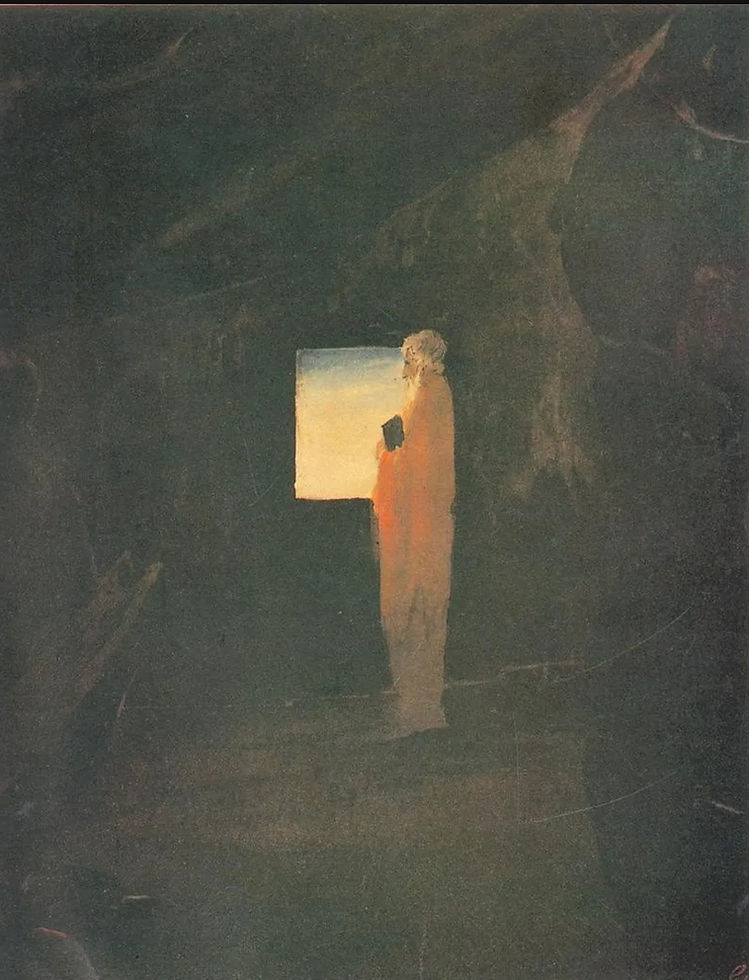
Broken Ties — Rabindranath Tagore, A Book Review
- Tanya
- Jul 19, 2025
- 2 min read
The prose of Rabindranath Tagore is unmatched. There is often deep philosophy seeped into his work. This is one of those books.
Narrative Arc
The alternate name of this book is the Quadrant. The four ways to live life are explained by the stories of four characters.
1. Jagmohan, The uncle, - Who chooses the life of a rational being. Doesn't comply with the rules of society but rather makes his own rules. For him doing a good deed without seeking anything in return is the utmost goal of life.
2. Satish, The Hero - He is the seeker who is trying to achieve some sort of illumination. In the process tried being a rational, a mystic and seeker. All this while never really committing to an action. He sacrifices everything in the process of his love, his life that could be, his devotion to a mystic and doesn’t find any solace till the end ( of this book at least. I hope he finds his peace later ).
3. Damini, The Lover - She is a devotee to Satish. One who sees a person as her all and dedicated her life to the person's whims and fancy. For her the ultimate goal of life is Love and how she becomes the move itself. If a Ranjha goes mad for the beloved, this Heer bequeaths her complete self to the object of her love. Unlike Ranjha, she remains unsung.
4. Srivilas, The Friend - He is a householder. He goes through all the different paths available via people he is close to and in the end chooses this path for himself. This could have been the default path for him, as mandated by society. Mind you, Tagore didn't give him such an easy way out but made him go through all the others to make a sound decision of his own. The main goal of a house holder is the happiness and well being of his family. He finds joy in everyday things in life.
These are essentially four ways to live life: Love for a partner (Devotee) , Love for one's family ( Householder), Love for society ( Rational ), Love for God /Knowledge/ Passion / Calling ( Seeker ). I am equating love for God same as love for another calling as I don't see them any different. They demand similar sacrifices to reach a similar goal at the end. All these paths of lives are honourable, the ask from you is to pick one and see it through with all honesty.
One can argue, can't one person be in more than one Quadrant at a time. I don't think so, because because dedicated to a quadrant demands your full attention. The rest can be secondary but the major life decisions are taken by keeping your primary in mind.
Tagore first makes an audacious attempt to write about such a deep topic. Then leaves so much for the interpretation for the reader. His stories do not give you a direct answer. You often need to marinate in his stories for them to reveal to you. They demand you to apply yourself, instead of being a passive reader, thus taking your rightful place in the masterpiece of his writings.
Hence, the greatness of Tagore is dawn upon me.



Comments